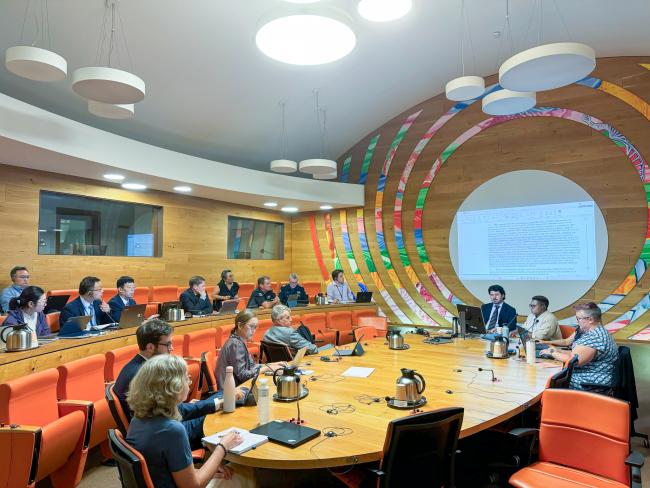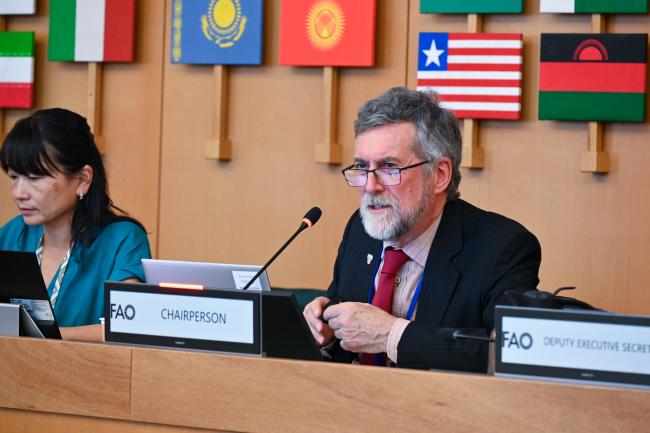Imagine a pile of plastics, computers or carpets. Some of these products may contain persistent organic pollutants (POPs), or might not. There are no labels or markers that can help a regulator, customs agent, or community waste collector know if POPs are present. They may be tempted to reuse or recycle the plastic, or disassemble the computer to reuse some parts. This could expose people and the planet to the POPs all over again.
The POPs Review Committee (POPRC) addressed these tricky issues as part of its work on POPs in stockpiles, products, and articles in use. The Committee traditionally handles the identification and risk management of POPs. Its success as a scientific body led to more requests for work, including on implementation issues such as how to identify and manage POPs as they appear in everyday products.
Members outlined several complications in dealing with this issue. Fundamentally, there are varied interpretations of what is ‘waste’ or a ‘stockpile.’ POPs are identified and listed in the Convention years after they appear on the market. Chemicals and products containing those products were legal, but now are regulated. Countries may have stockpiles of pesticides that could be used if the Convention allows for a short-term exemption for use on some crops, for example. But once that exemption expires, it is a waste.
Legal complexities aside, many members and observers from the Global South stressed their lack of capacity to test and analyze products and stockpiles to determine if a POP is present. One drew attention to donations - well meaning shipments that ultimately add to pollution burden in developing countries.
Members then turned back to their traditional work of recommending new POPs, cognizant of the future challenges that may arise as countries work to protect human health and the environment from these chemicals.
To receive free coverage of global environmental events delivered to your inbox, subscribe to the ENB Update newsletter.







